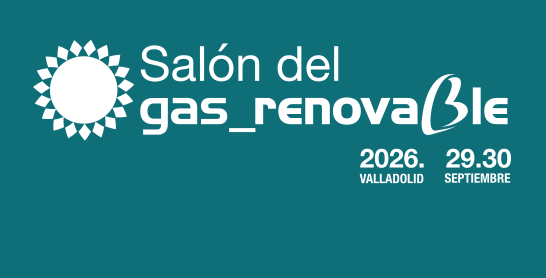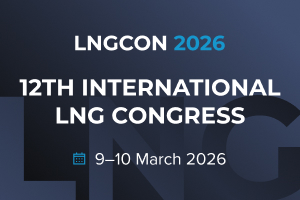Decentralised 1 GWh biomass power microgrid unveiled for AI and crypto computing

Lab and field-tested using wood residues and a cattle manure stream, the system can supply approximately 1 GWh of net, dispatchable electricity, creating a local, scalable baseload without waiting years for centralised micro nuclear power generation.
“AI and high-performance computing need reliable, price-certain power now,” said Gary Bartholomew, chairman and CEO. “Our containerised bioreactors turn various biomass and residuals into watts at the source, solving grid constraints while cleaning up two of the hardest waste streams on the planet.”
Each factory-built 40-foot container, which is stackable or mobile, converts biowaste into three value streams.
Syngas is used to generate electricity and heat for behind-the-metre microgrids or export.
Biochar provides durable carbon sequestration and enhances soil performance, while biocarbon serves as a high-grade specialty carbon replacement product.
The system also produces soil amendment additives that support soil pH, reduce invasive species in reclaimed lands and aid post-forest fire recovery.
Excess biochar blended with bio-stimulants is being structured for high-quality carbon removal credits aimed at enterprise buyers seeking verifiable offsets, with leading technology companies having publicly committed to purchasing durable carbon removal.
A parallel wood-waste pathway delivers comparable output depending on residue availability, enabling a blended, redundant power supply capable of supporting continuous operations.
The system offers rapid deployment and commissioning in months rather than years, with operating costs for power generation estimated at just five to ten percent of micro-nuclear alternatives.
On-site fuel and islandable microgrid architecture provide resilience, while methane avoidance, diesel and grid displacement, and permanent carbon storage in biochar support decarbonisation.
The process generates no waste from power production and creates stacked economic value from electricity, certified products, and potential carbon-removal credits.
bioEnergy Development is engaging hyperscalers, colocation providers, and industrial operators for co-location pilots and long-term offtake agreements, offering microgrid configurations ranging from 1.5 MWh to 1 GWh.


















